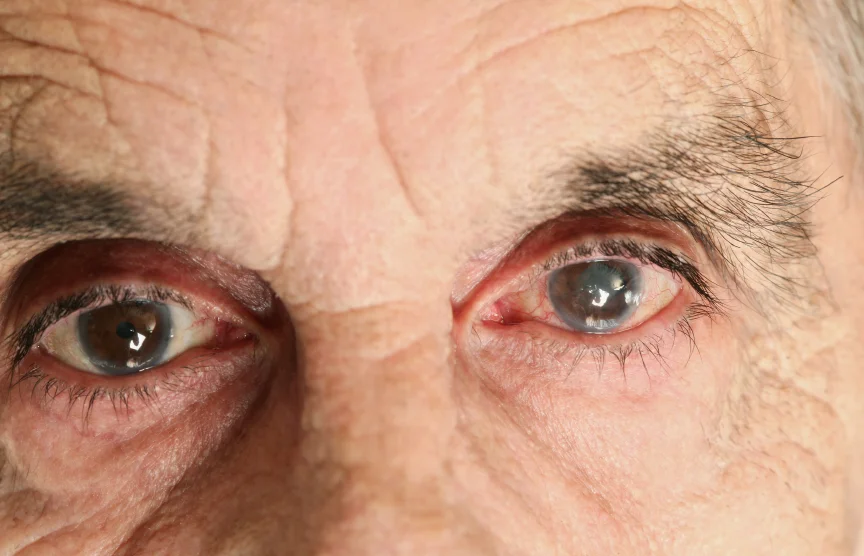Guilty by association: sponsorship and perceived endorsements
/Guilty by association
We are guilty by association when we speak in public. Whether you're a physician, academic, business person, or just somebody trying to get your message heard, you and your message are inseparable from their context. You are associated with event sponsors, academic institutions, Board of directors, your colleagues, and they are all associated with you. We do not speak in a vacuum devoid of our surroundings. This is a society in which sponsorship and perceived endorsements are unavoidable. Perhaps this is because we have devolved into a culture where short attention spans are now the norm? We often don't go beyond the superficial coverage of headlines, tweets, or SMS. We sit with people at a table yet can't resist checking our devices at the same time which helps maintain these superficial connections at the cost of impairing deeper relationships with warm bodies. To many, the latest news is what's on their facebook feed, where we have our own context and associations. It should come as no surprise that in a society where we just don't take the time to explore beyond the superficial level, that we often come to associate what people say with the company that they keep.
As a glaucoma sub-specialized ophthalmologist, I am often asked to speak at or even organize a medical conference on glaucoma. Although there is still the occasional drug company "rubber chicken" dinner, in which a biased talk is tolerated by the attendees in case there is some practical educational pearl so that they can get a free dinner with colleagues, these are rarer now that they are recognized as being nothing more than paid advertising to directly market to physicians. What we have instead are dinners sponsored by a drug company where they have no input at all into the content being delivered. This is also the practice at medical conferences or grand rounds for departments, in which the companies provide unrestricted educational grants so that guest speakers can be invited. However, even when the talk is unbiased in content, it is likely biased by association with the drug company. Why else would the companies sponsor these unbiased talks? If their products are not being directly mentioned, the attendees are in danger of associating that company's products with being better because they just had an enjoyable evening where they also learned a few practical things. The companies are in business to make money after all; they know that there must be some potential economic spin-off to sponsoring a non-biased talk. They benefit from just being a sponsor and then they can turn things around and advertise you, the speaker, which forever associates you with that company - it's a two way street. Even this is now being recognized by Universities that have begun to eliminate any drug company sponsorship of any kind and forbid any faculty members from even attending such unbiased educational events. Go beyond the headlines; guilty by association and the concept of perceived conflict of interest.
Today an anti-vaccine gathering is taking place at Simon Fraser University's downtown campus in Vancouver by the Vaccine Resistance Movement. It is being falsely billed as by the organizers as a Vaccine Rally by a group that believes in naturopathic treatments. They claim they are holding a transparent discussion when in fact it is a one-sided presentation trying to de-bunk scientific facts. Yes, naturopathic treatments have a role in treating conditions but not in eradicating potential epidemics. What they are proposing could actually allow epidemics of diseases like small pox to return even though they were eradicated because of the use of vaccines. Is this freedom of expression? Yes, you can argue that. People are entitled to their own opinions but by SFU enabling this biased event to happen, they risk forever being associated with the flaky university that allows freedom of speech of questionable material...it can devalue the image of the University greatly. In 2002, Banjamin Netanyahu was invited to speak at Concordia University in Montreal by the their Hillel society. An anti-Israel protest was allowed by Concordia as their interpretation of freedom of speech. Violence ensued and Concordia has been forever seen as the anti-semetic or pro-palestinian University. I'm sure this was not their intention but we are associated with the company that we keep including who uses our University buildings for talks and protests.
One last example is the challenge of wearing multiple hats by sitting on different Boards, committees for different organizations, faculty positions and other public service groups. In this case, worlds collide! If we sit on the Board of a school, then we have a certain obligation to remember that ALL our actions have the potential to be seen by others we contact as representing the opinion of the Board of directors on which we sit. This is by no means confined to Boards, it includes all the associations we make in life. As an ophthalmologist, if a colleague is quoted in the media, it is rapidly assumed to represent the opinion of all ophthalmologists. We really are inseparable from our context and need to keep this in mind in our daily interactions with people. Good advice goes back centuries with the notion of not speaking ill of others but the more modern way at looking at this is the concept of being careful what you say in public (which includes ANY email you send which is NEVER private) - it should only be something that you would feel comfortable about appearing on the front page of your newspaper or modern day equivalent.
It is important to bear in mind that we do not live in a vacuum We are part of a very interactive world where all our associations can be perceived as endorsements. We represent our Universities, businesses, and communities of practice and, in turn, they represent us.


